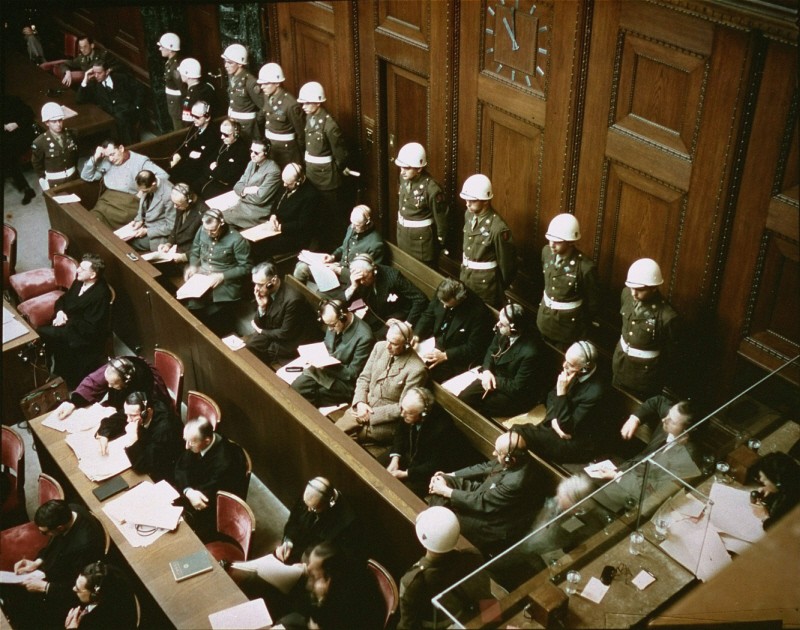
Karl Dönitz
In the immediate aftermath of the Holocaust, the world was faced with a challenge—how to hold individually accountable those German leaders who were responsible for the commission of monstrous crimes against humanity and international peace. The International Military Tribunal (IMT) held in Nuremberg, Germany, attempted to face this immense challenge. On October 18, 1945, the chief prosecutors of the IMT brought charges against 24 leading German officials, among them Karl Dönitz.
From 1939, Karl Dönitz (1891–1980) was Commander of Germany's U-Boat fleet. In 1943, Dönitz was appointed Commander in Chief of the German War Navy. In May 1945, after Hitler committed suicide, Dönitz was appointed Reich President.
At the International Military Tribunal in Nuremberg, Dönitz was found guilty on counts two and three (crimes against peace and war crimes). He was sentenced to ten years imprisonment.
Critical Thinking Questions
Explore how challenges to ethical behavior and leadership played out in the context of the Holocaust. How do these challenges confront us today?
Across Europe, the Nazis found countless willing helpers who collaborated or were complicit in their crimes. What motives and pressures led so many individuals to persecute, to murder, or to abandon their fellow human beings?
Research how Dönitz defended his actions and choices at the International Military Tribunal.

